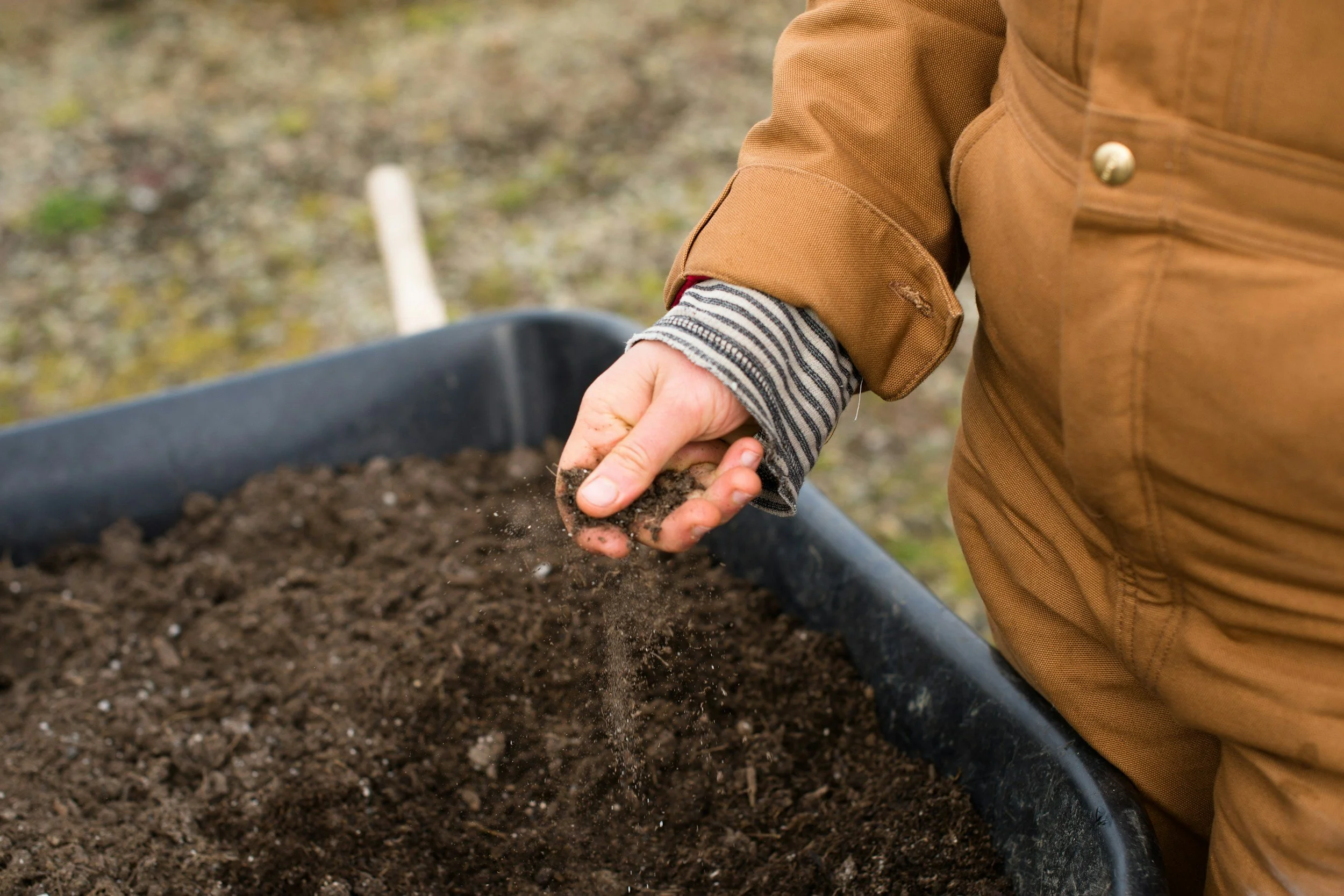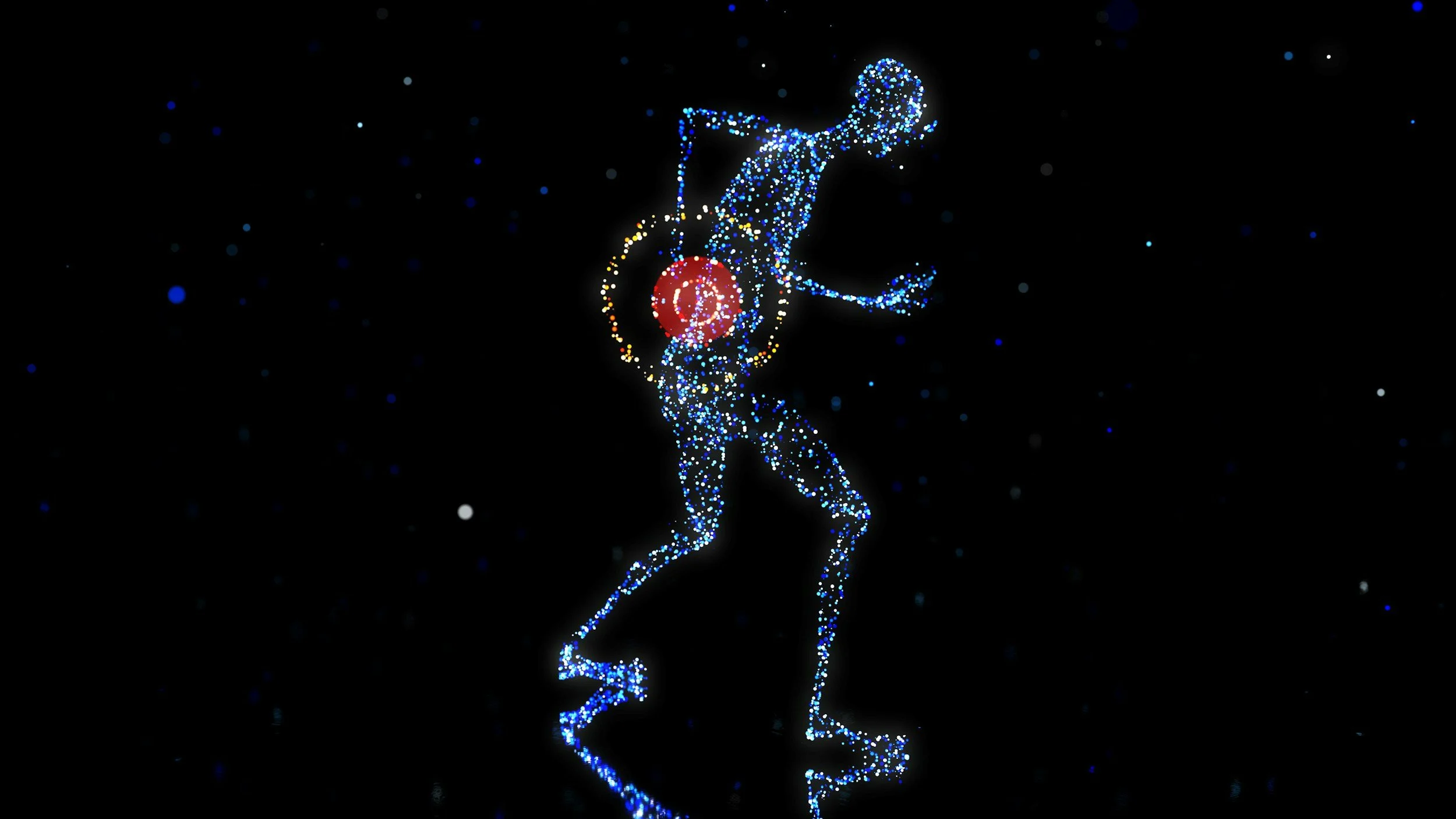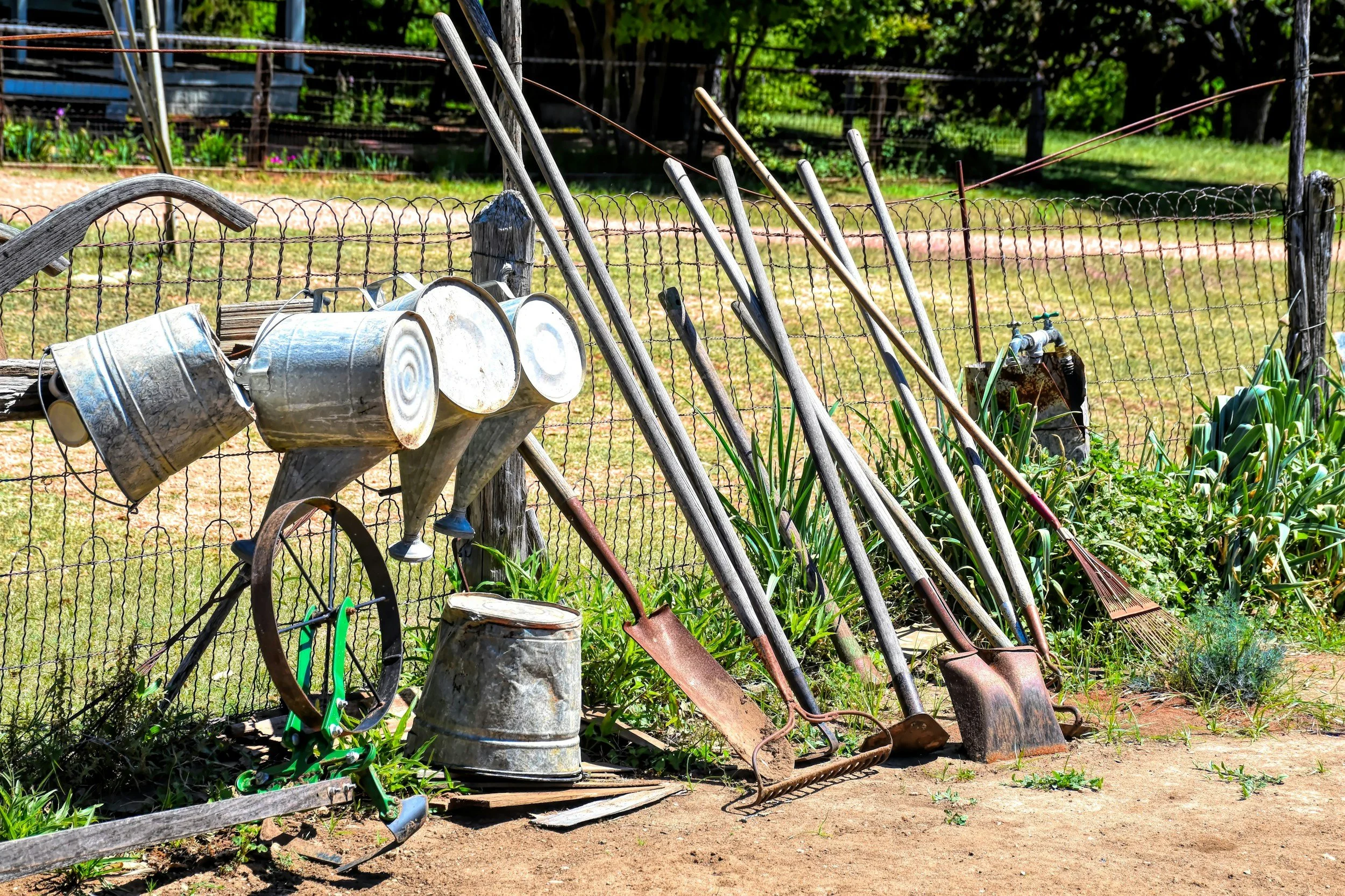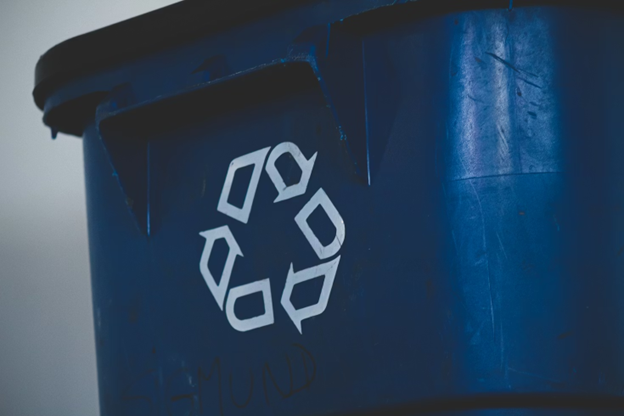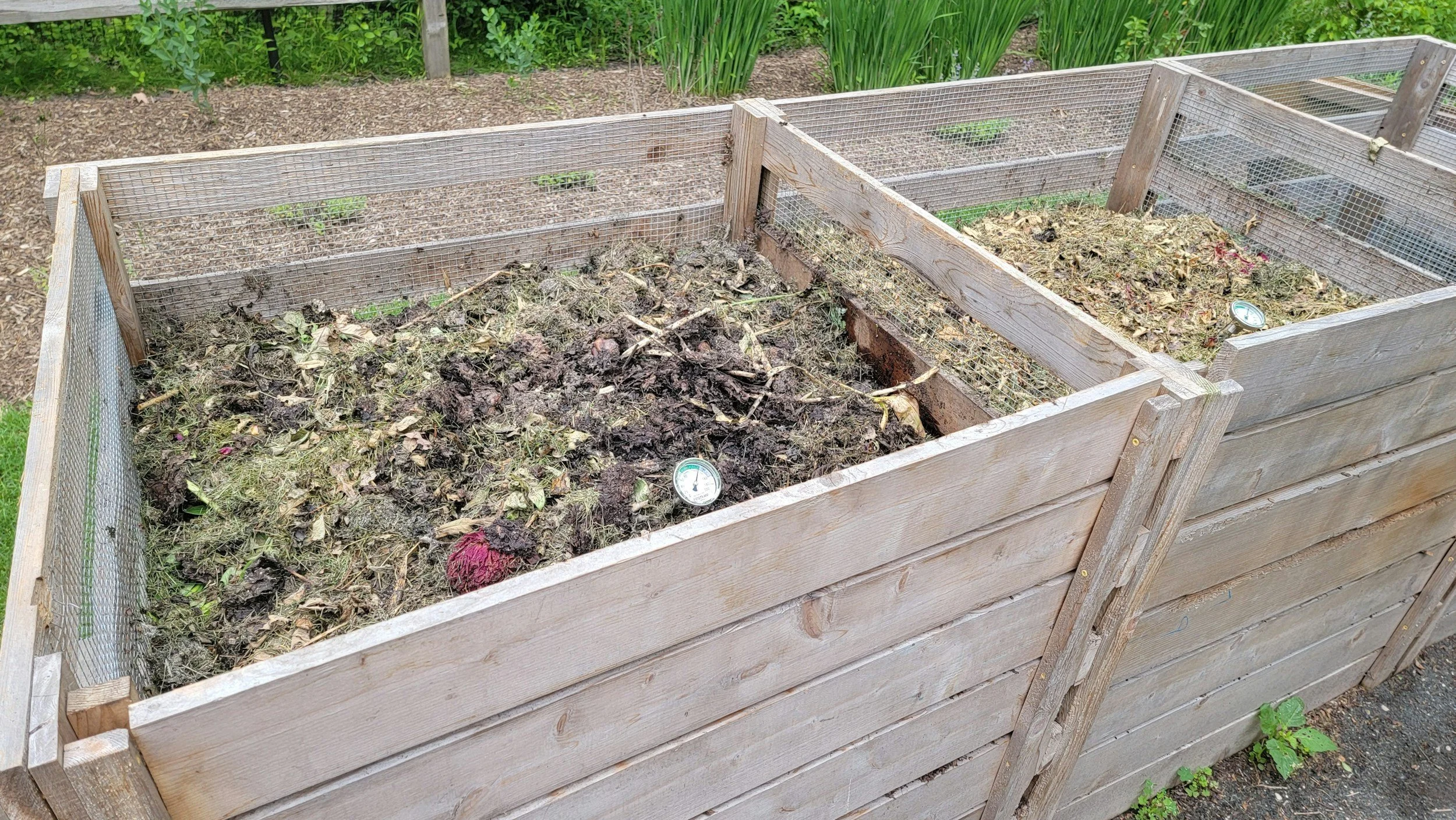The Body Burden: why kids, older adults, and overweight people are more vulnerable
/(This post is based on an interview with Loni Mc Collin, MScCN, Clinical Herbalist and Nutritionist at Knowles Apothecary in Kensington, MD. You can find more information about Loni and her work, or schedule a consultation, through her website, www.lonimccollin.com)
As Loni noted in our interview, the Body Burden refers to the amount of chemicals that have accumulated within the adipose tissue and the fat tissue or in the body’s organs. Chapter 2 of my e-book, The Little Guidebook for Green Moms & Dads: how daily exposure to chemical toxins is hurting your kids (and what you can do about it) has more information about the body burden and how it affects the health of children (and adults). Because many of the toxic chemicals we are exposed to accumulate in fatty tissue, decreasing exposure is especially a concern with children.
Children’s bodies are not only still growing, but they typically contain a higher fat content that adults’ bodies do. Many of the clinical studies that have been performed on diverse populations around the world have demonstrated that the bodies of children contain a higher amount of harmful chemicals than adult bodies do. People who are overweight, pregnant women, and people who have suppressed or compromised immune systems also have a greater body burden than those who are not overweight, pregnant, or who have strong immune systems.
Surprisingly, being thin does not necessarily mean that you have less of a body burden than someone who is overweight The bodies of some thin people are flabby, lack muscle, and contain too much fat. Such people are “skinny fat”, or MONW (metabolically obese normal weight). A “skinny fat” person may even have more of a body burden than an overweight person who has taken steps to reduce her exposure to toxic chemicals.
So how do you know if you carry a heavy body burden? Should you be tested?
Body burden testing is referred to as biomonitoring. It is expensive and complicated: $10,000 or more for the series of tests you first must design with your doctor, then undertake in multiple labs. You may need urine, saliva, or blood tests, or all three. In fact, there is no standard body burden test out there. For these reasons alone, most people are unable to undertake body burden testing, unless they become part of a clinical study that offers it, or they have deep pockets or employers that are willing to foot the bill.
In Loni’s opinion, bio-monitoring tests may not be all that helpful. Unless someone has a serious health issue at hand and she really needs to know what is causing it, she advises clients not to worry about finding out about exactly how much of exactly what chemicals they have in their bodies. This would be true even for someone with cancer, unless that person was having a hard time following through on dietary changes, or was experiencing extreme side effects from chemotherapy. What is more helpful, she says, is learning about the carotenoid levels in your body, and your antioxidant levels, because those are the things that are going to enable you to fight and get rid of harmful chemicals. Testing for lead or mercury is also important because these chemicals can affect all kinds of quality of life issues, especially for young people. Otherwise, we should all assume that we are being exposed to chemicals that are potentially or actually toxic to our bodies.
So what can you do about it?
Since we have focused here on how fat in the body stores chemicals, it’s important to note that losing at least a modest amount of weight should be a goal for those who are carrying extra fat in their bodies. As Loni says, by doing this, you can also lose some of your body burden. However, this should not be a fast process: rapid weight loss can lead to all kinds of unwanted health complications, in part because shedding toxins from the body too fast can lead to unpleasant symptoms like nausea, headaches, fever, sleeplessness, and skin rashes, which last for over a week. Your immune system goes into overdrive, leaving you feeling run down. It can even cause death, as the tragic story of the University of Michigan wrestler Jeff Reese back in 1997 demonstrated. Of course, there are those who say that there is no such thing as losing weight too fast, and that the problem lies in the method used to lose the weight (this was true of Reese’s death).
For children who are overweight, and even those who are of a normal, healthy weight, physical activity and healthy eating are very important. As Loni points out, there’s more fat on their little bodies, and they need more fat in their diets. Try to feed them products that are as clean as possible as often as possible, especially when it comes to fatty products like milk, butter, cheese, and other dairy foods. And when that’s not possible, you want to try to get them as active as they can be (this can include bouncing on a trampoline! A mini version can be purchased on Amazon.com as little as $30). Physical activity boosts the lymphatic system, which houses metabolic toxins at the cellular level. It gets lymph moving through the lymph nodes and into the kidneys and liver, which can then do their work of eliminating toxins from the body.
Aside from losing weight and engaging regularly in exercise that is aerobic and strength-training, (hiking or trekking gives you both kinds of exercise at once) there are many things you can do to reduce your body burden. In the previous post I wrote about the importance of switching to non-toxic cleaning and disinfecting products in your home. Upcoming posts will discuss things like detoxing pros and cons, vitamin therapies, incorporating culinary herbs that rid the body of toxins into your cooking, choosing the right kinds of foods and food combinations, seasonal eating, exercise and other kinds of physical activities, complementary medicine, and the debate over eating organic.








